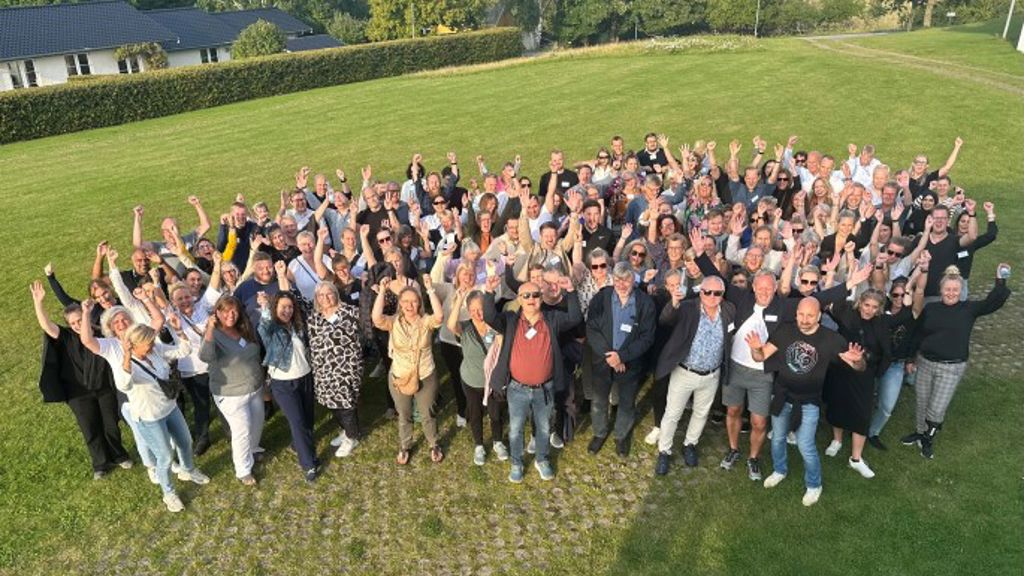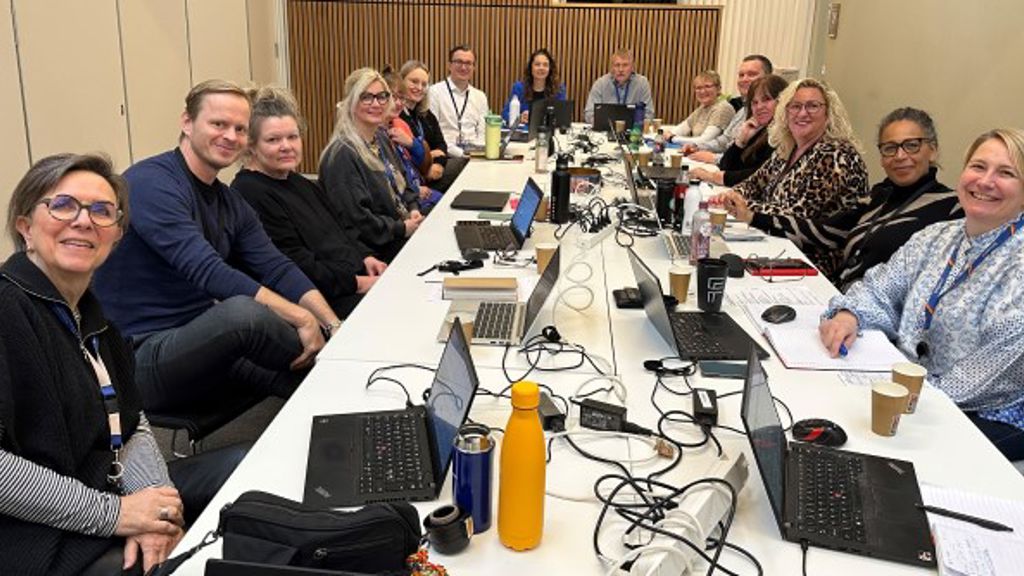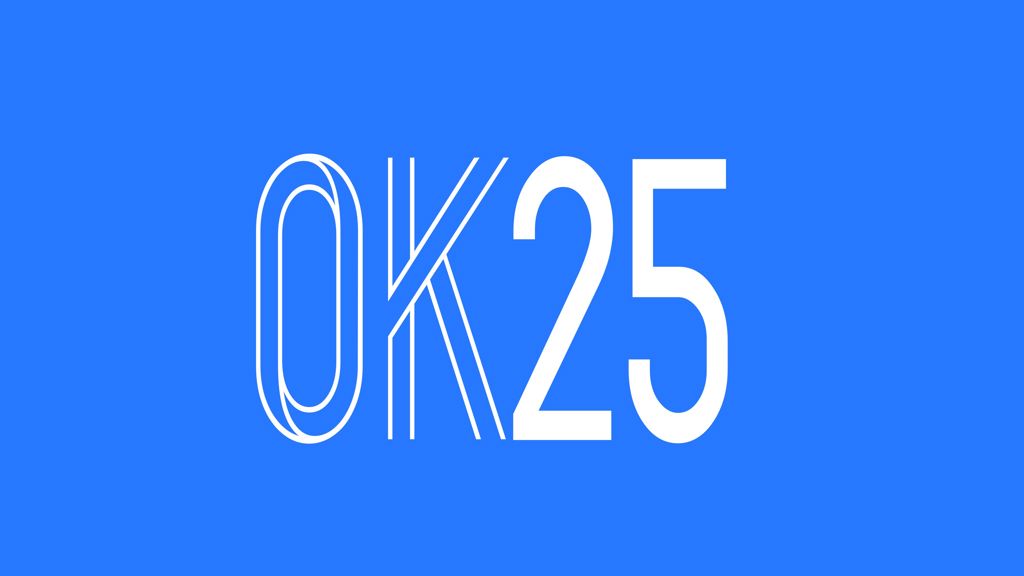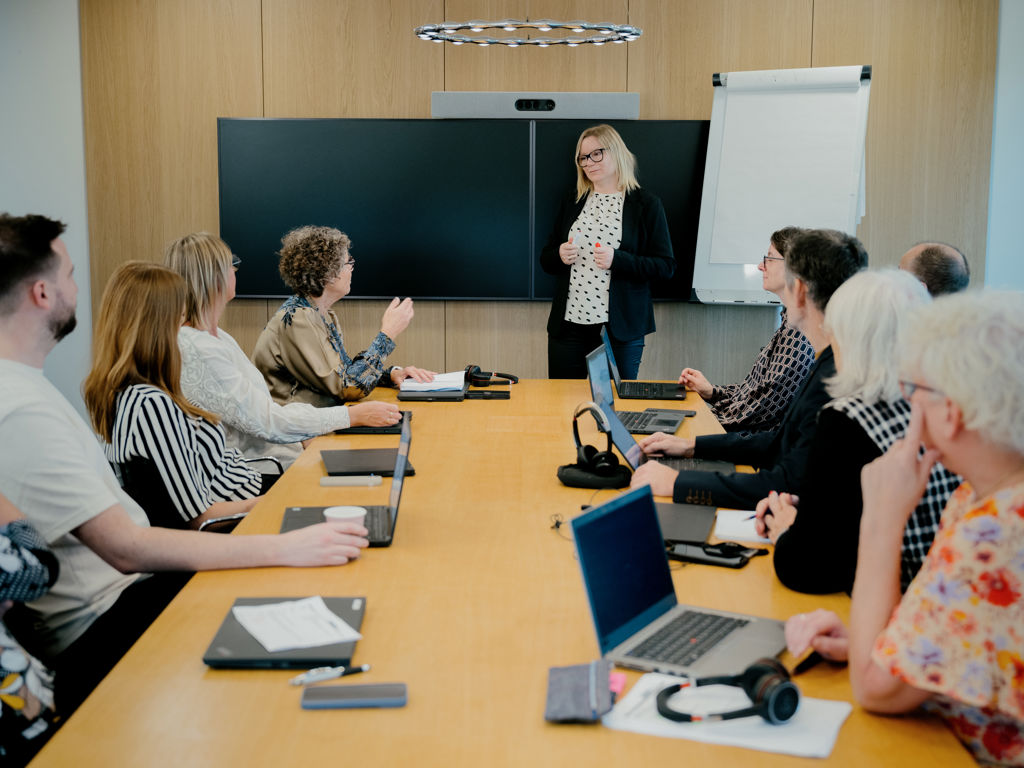Involvement, influence and transparency
In the run-up to the annual general meeting of Finansforbundet in Nordea on 21 March, you will be able to read a little about what the board has been concerned with in the past year.
This is no. 2 of 3 articles (find the first one here).
"We want to involve the union representatives as much as possible in the work that Finansforbundet in Nordea does for the larger community. And we try to be as transparent as we can – and give the opportunity to influence those who want it," says Kasper Skovgaard Pedersen, president of Finansforbundet in Nordea (FiN).

"As a union representative, you are of course first and foremost present for your members – and it is also in the workplace that you primarily have your collective agreement freedom to spend time on it. But you are best able to look after their interests if you also know what is going on in your union. And that's why we make sure to hold meetings and seminars where we prepare the union representatives for the work – and at the same time hear their input from everyday life, so we know what matters."
Vice president Mette Balck Mejlby adds:
"It is really nice to know that FiN has so many good and strong resources locally among the members. You handle a lot of balls in the air at once – hold meetings behind closed doors or interfere in the open discussions, help and support. Without you, it would be impossible for us on the board to look after the interests of the great community, so we cannot thank you enough."
Senior union representatives closer
Under the heading 'involvement, influence and transparency', the board has increased the cooperation with the senior union representatives (FTR).
"One of the initiatives is that as of January 2025, we have offered each of them – confidentially and to the extent that they can find time for it – to participate in a board meeting. The purpose is to provide a greater insight into the tasks that lie on the board's table – the dilemmas we often face and how multifaceted the work is. So far, four FTR’s have participated, and all have expressed great enthusiasm to get the insight that the participation provides," says Kasper.
"They participate on an equal footing with the board members – but without voting rights, if it should come to that – and commit themselves to come up with a topic of debate that they want discussed. In this way, both FTR and the board members gain an even greater insight into each other's world, and it provides great value for both parties."

A special quarterly newsletter for FTR, which outlines what the board has been particularly concerned with – but which has not necessarily given rise to articles or other forms of communication in the open – is another innovation to bring FTR closer to the political work.
Negotiation preparation and approval
Prior to each collective negotation, all members are asked what they particularly want from a future collective agreement. And luckily, there are many who answer.
"The surveys provide good indications of what matters to the members. But we still need to get more words on – especially what exactly is important in our own business, so that we can put the right pressure on Finansforbundet ahead of the negotiations," says Mette.
"The union representatives are therefore tasked with talking more in-depth with their members – and then we meet with them to find the common denominators and the special initiatives that may be needed. These are good debates, and they give us a good basis to proceed with both the standard collective agreement and our own company agreement. After all, not all Nordea needs are necessarily relevant to others."
She emphasizes that many wishes for the collective agreement are about elements that are already possible in the agreements we have.
"There are clearly a number of good conditions that neither we nor Nordea have succeeded in communicating – so we must work together to do better."

The involvement will return when a result is available.
"This applies to both the standard and company agreements. As far as the standard collective agreement is concerned, Finansforbundet's Board of Representatives approved the result at the end of February – and now all union representatives have been invited to local meetings in order to know the content of the new agreement so that they can prepare their members to be able to vote on it. Similarly, FiN's senior union representatives approve the result of the company collective negotiations when the time comes – after which the union representatives are involved before another referendum. It is an extensive process – but it is important for everything to take place in as informed and democratic a way as possible," Kasper concludes.





